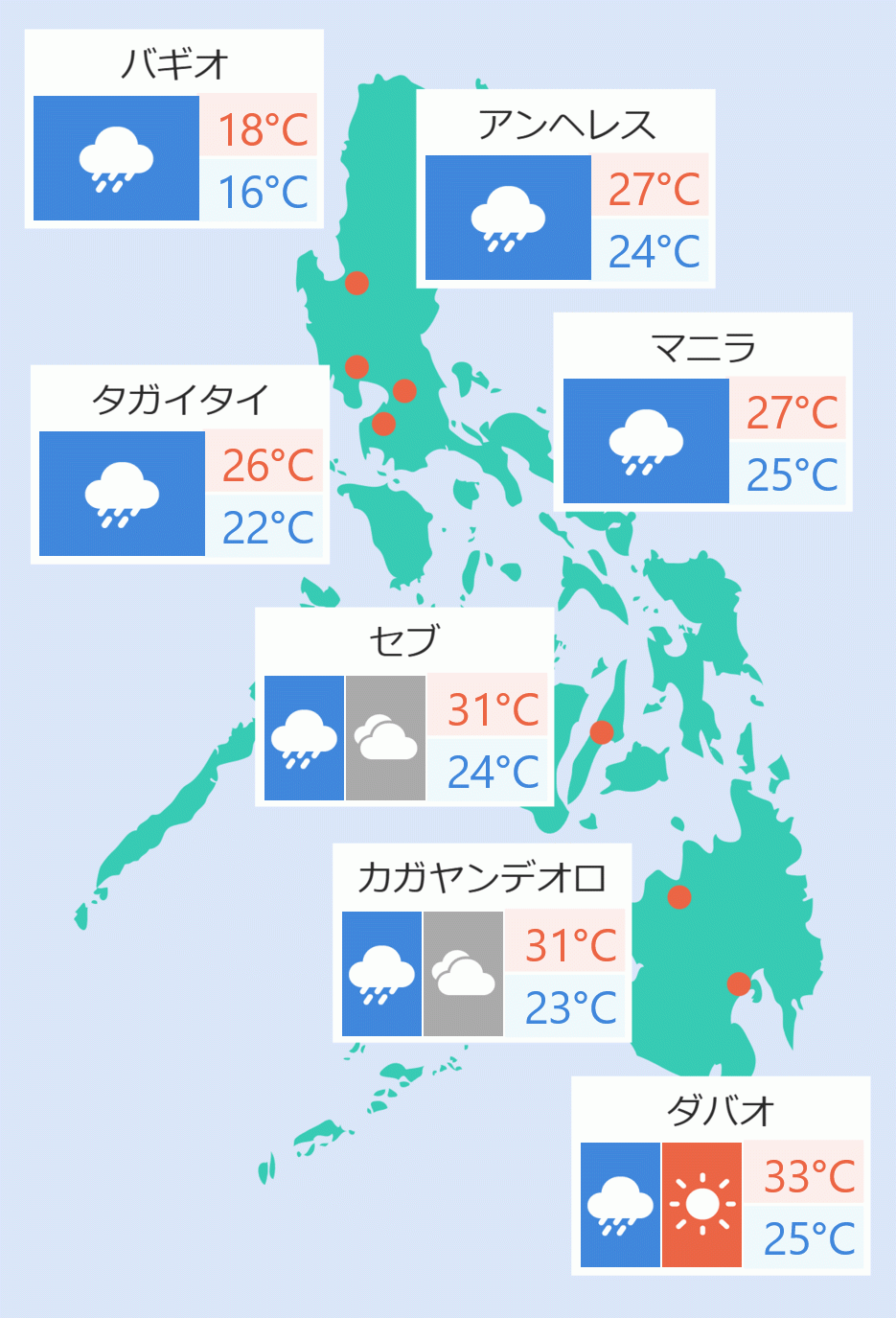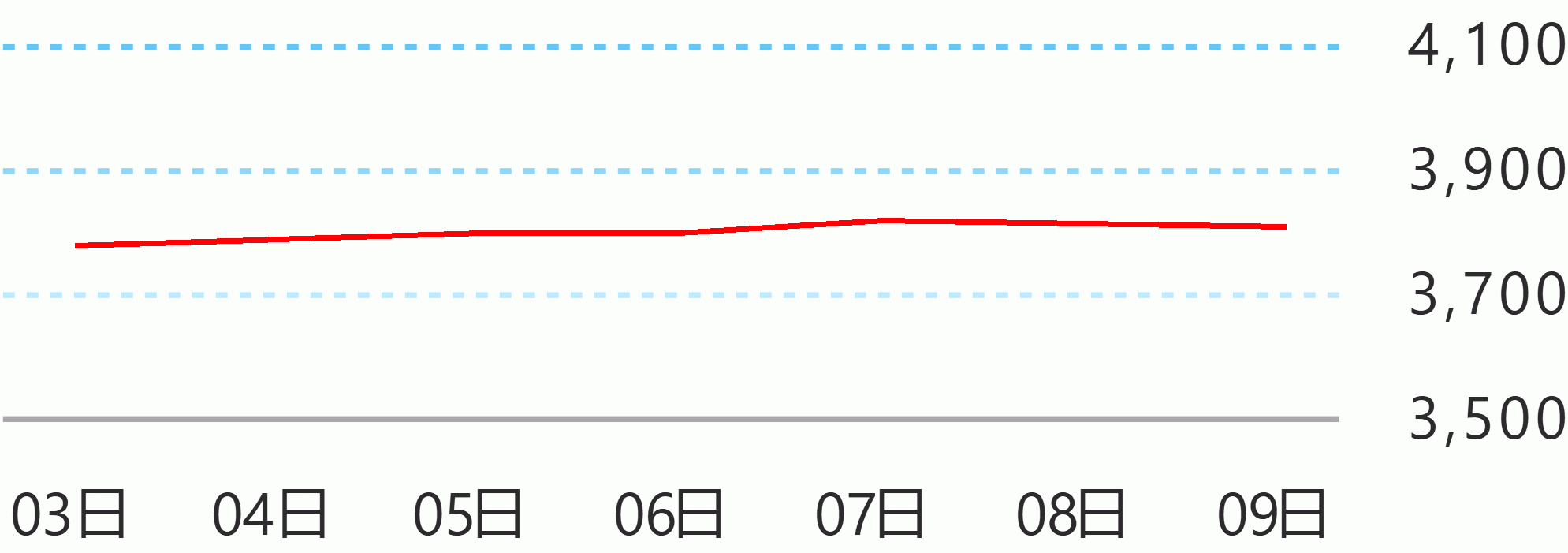The Philippines could no longer afford another economic shutdown, but if the coronavirus disease cases surge to 85,000 by end of July, stricter quarantine measure might be imposed in the National Capital Region, epicenter of the pandemic in the country, Malacañang said on Wednesday.
In an interview by CNN Philippines, Presidential Spokesperson Harry Roque said reaching 85,000 COVID-19 cases by July 31 based on a new projection by the University of the Philippines experts is a "distinct possibility, although it's a possibility," which he wishes would not happen.
"We all know that while we have to contain the disease, we also need to restart our livelihoods. We've come to a very crucial point where I think the economy can no longer afford to be shutdown anew," he said.
"But if we have to and there's no alternative, we need to do it," Roque said.
"So, yes, a reversion to MECQ or a more stringent quarantine is possible. I hope it will not happen though," he added.
Metro Manila had been under lockdown from mid-March to May. Currently, it is under general community quarantine. It could have been placed under modified enhanced community quarantine, a more restrictive classification, due to rising COVID-19 cases last July 16 until end of the month.
But Interior and Local Government Secretary Eduardo Año and National Task Force Against COVID-19 Chief Implementer Carlito Galvez Jr. appealed to President Rodrigo Duterte to maintain Metro Manila under GCQ as mayors have agreed to work hard to reduce the cases.
Duterte is expected to announce new quarantine classification in the country by the end of the month.
Roque expressed confidence that the Filipinos would cooperate "to even more greater degree than they have shown" to prevent possible returning to lockdown.
Citing a study by the University of London that the Philippines is second in the world as far as wearing face masks is concerned, he said, "that shows that the Filipinos will cooperate when they have to."
"And I think the message has been well received by the Filipinos that we need to really take care of our health so we can proceed and pursue a livelihood anew," he said.
The government has always been reminding the public to observe minimum health standards, including wearing of mask, frequent washing of hands, and social distancing, to contain the spread of coronavirus.
As of July 21, there were 70,764 COVID-19 cases in the country, with 45,646 active cases, 23,281 recoveries, and 1,837 deaths. Celerina Monte/DMS





 English
English









